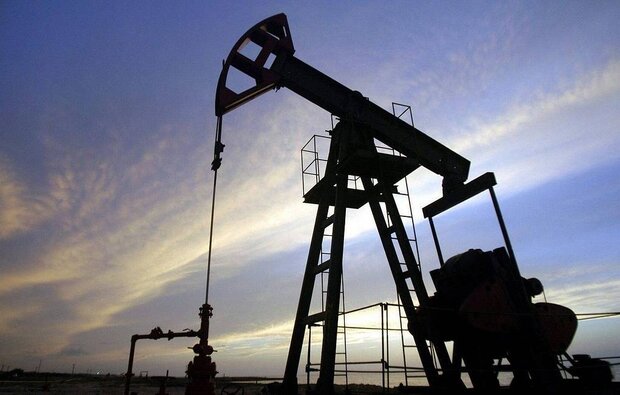The news outlet cited several unnamed sources close to the government as saying that the first scenario stipulates a full-blown ban on the sale of Russian crude to those states, including G7 members, who supported the price cap, even if they purchase the oil from Russia through intermediaries or their chain.
The second option envisages a ban on oil exports under contracts that include price cap-related clauses, regardless of which country acts as a recipient, according to the insiders.
They added that under the third scenario, a measure pertaining to an "indicative price" may be introduced. This price defines the maximum Russian Urals oil’s discount with respect to Brent crude, and a potential deal will not be approved if the discount is increased.
The sources claimed without elaborating that “other alternative options or a combination of them” are also on the table, Sputnik reported.
This comes after the EU clinched an agreement on setting a price cap on Russian oil at $60 per barrel, which went into effect on Monday.
The cap will be reviewed every two months to remain at 5% below the International Energy Agency benchmark. The G7 nations and Australia also agreed that same day to set a $60 price ceiling on oil from Russia.
Kremlin spokesman Dmitry Peskov underscored that the cost of Russian oil after the introduction of a price cap by the West will alter.
"[The price] will change. One thing is clear and undeniable: the adoption of these decisions is a step towards destabilizing global energy markets," Peskov told reporters when asked if Europeans and the world should prepare for higher prices, as the US convinces allies that nothing will change.
Russia’s Deputy Prime Minister Alexander Novak, for his part, pointed out that Russian oil has been and will be in demand, while logistics chains will change.
"Russian oil is in demand on global markets; oil will find its buyers. Russia is the world's largest supplier of oil to global energy markets... Russian oil has always been in demand and will be in demand. Yes, the logistics mechanisms and chains will change now. Nevertheless, we do not see any tragedy in this," Novak stressed.
MNA/PR

























Your Comment